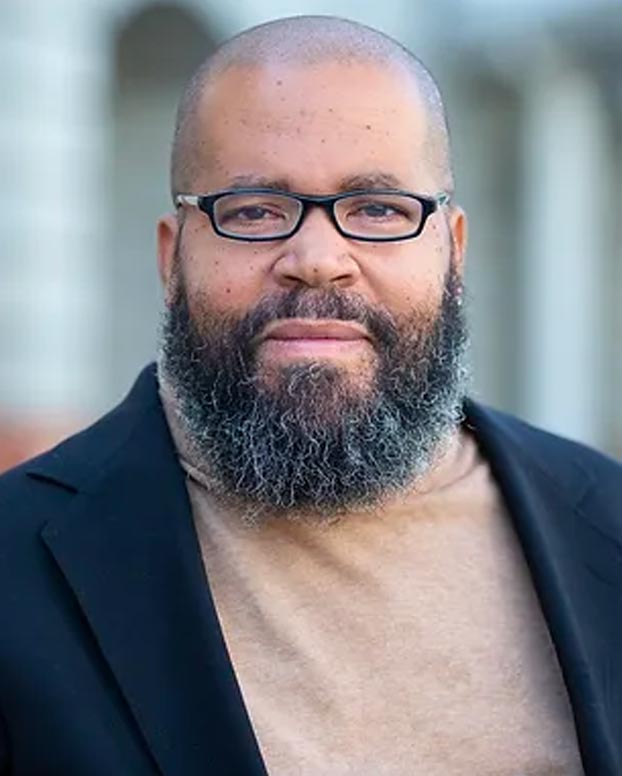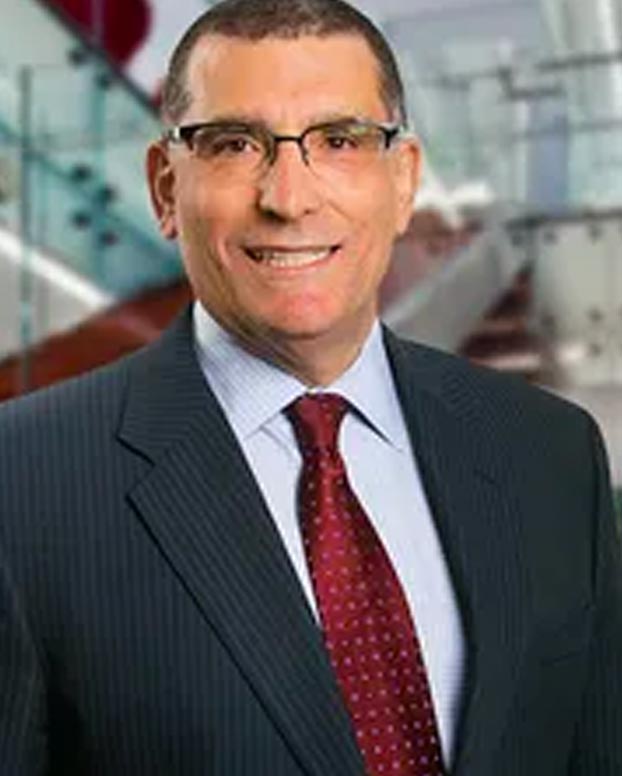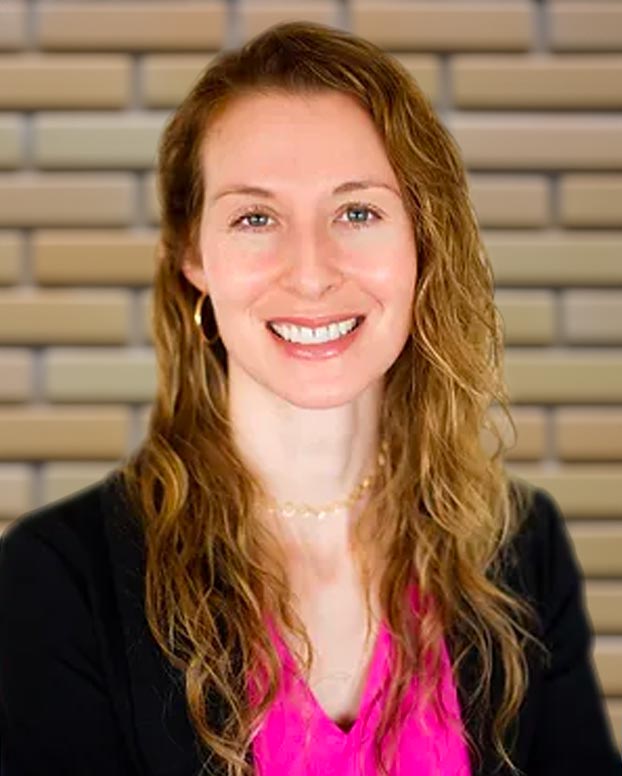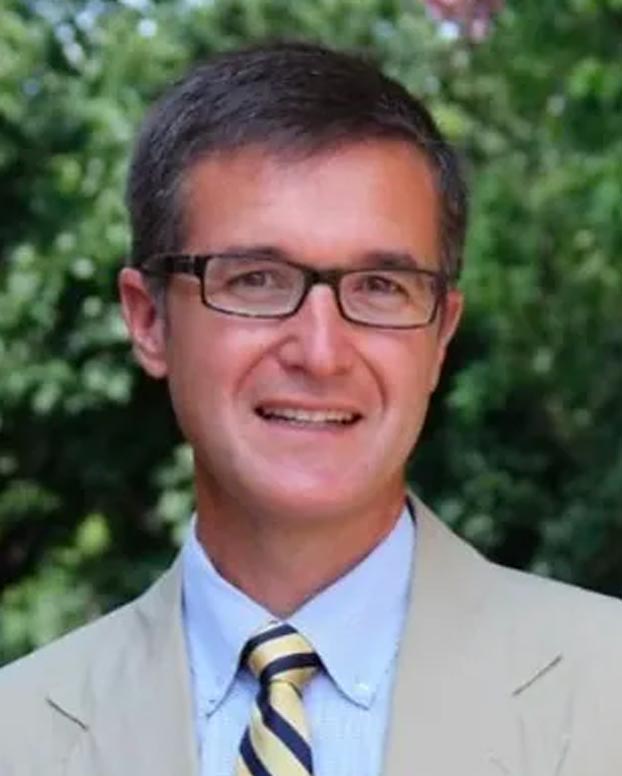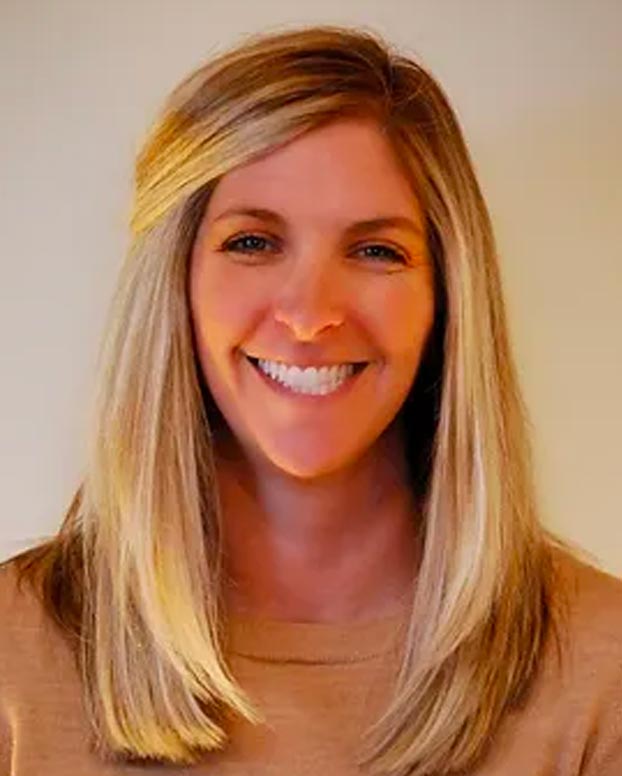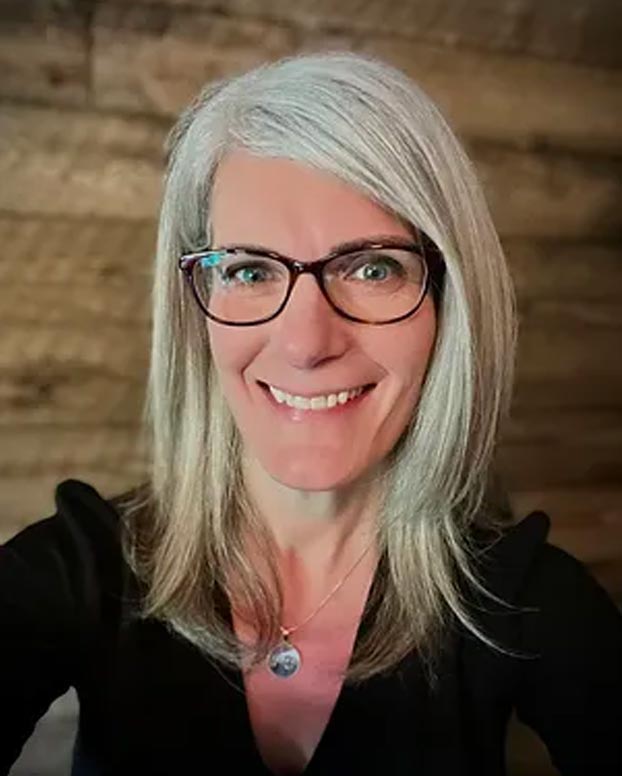Women in Disability Advocacy: Julie Reiskin, Co-Executive Director of the Colorado Cross-Disability Coalition
March 18, 2025
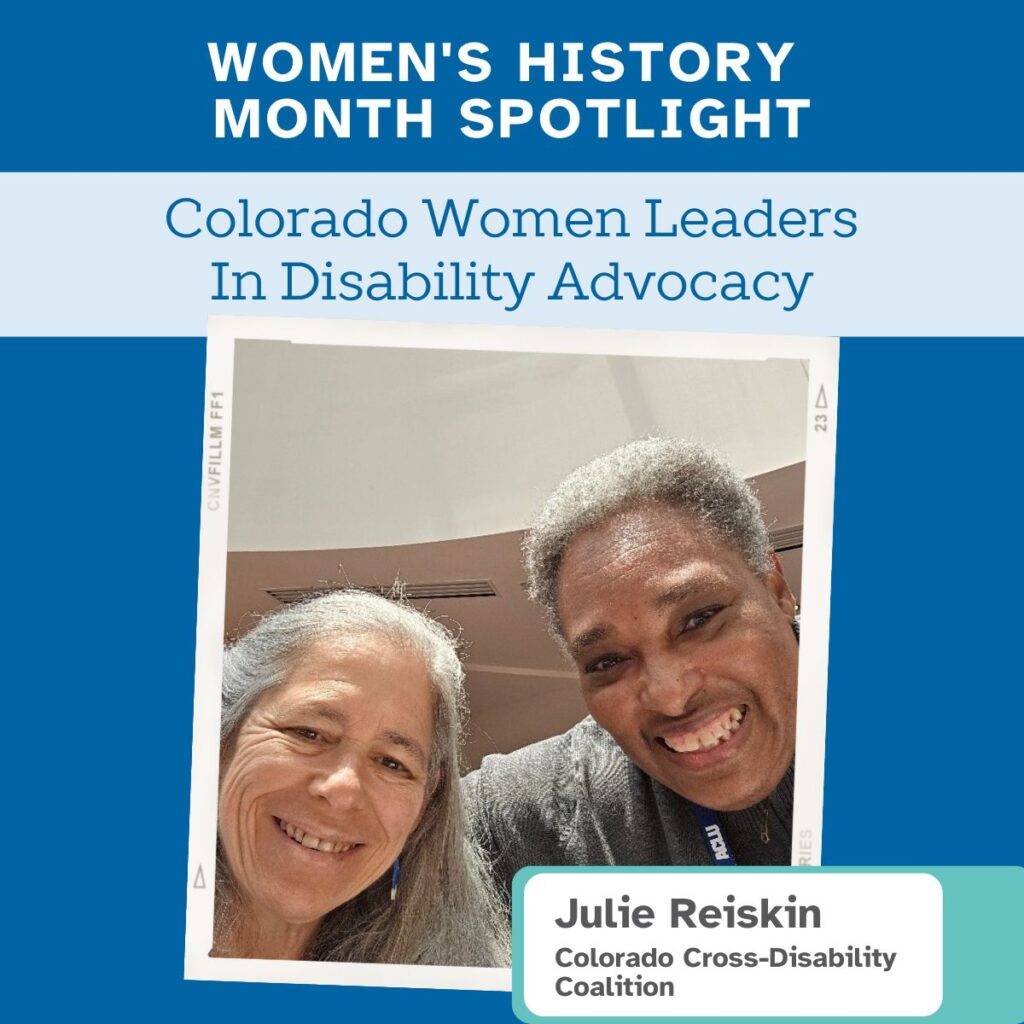
Julie Reiskin is a prominent disability rights advocate and the Executive Director of the Colorado Cross-Disability Coalition (CCDC). Julie’s lifelong commitment to social justice became deeply personal when she acquired a disability in her early 20s, driving her to champion healthcare access, disability policy reform, and systemic change.
Throughout our Q&A Julie shares profound reflections on the women who shaped her journey, her proudest policy achievements, and her guidance for the next generation of disability advocates. Read on for our full conversation.
Tell us about your career journey, especially as it relates to becoming involved in disability advocacy.
I’ve known I would do social justice work all my life. I never considered anything else. When I became disabled in my early 20s, I had life experiences that led me to becoming passionate about healthcare, which is what brought me to disability rights. I knew I’d need greater earning power, so I went to graduate school. After graduate school I changed jobs, which made me (at the time) forever uninsurable.
I was forced to rely on Medicaid and in those days, that meant going on SSDI. I vowed that I’d work on disability policy until the system allowed people with disabilities to work and keep Medicaid. Fortunately, in Colorado, we can have Medicaid and work through the Medicaid Buy-In program.
I also advocated for the passage of the ADA after experiencing discrimination. Shortly after this, I moved to Colorado, where I worked in several positions as a community organizer, community educator and had a therapy practice. At the time, I joined the Colorado Cross-Disability Coalition as a volunteer policy analyst, then later became a volunteer co-director with our founding director, Jean Parker. I became a volunteer Executive Director when Jean left the organization in 1997. After the Medicaid Buy-In for Working Adults with Disabilities in Colorado became policy over a decade ago, I became a paid director in 2015. We moved from being an organization comprised of almost all volunteers to one where most staff are paid. In 2022, we were lucky enough to recruit Hillary Jorgensen to be a co-director with me.
The theme for Women’s History Month this year is ‘Moving Forward Together! Women Educating & Inspiring Generations.’ Throughout your career, has there been a particular woman who has inspired you?
There are many women who have inspired me. One is Carolyn Love, PhD, who will be inducted into the Colorado Women’s Hall of Fame in March. She is a thoughtful, equity-focused nonprofit expert. Sharon Heinlein was an Executive Coach for me many years ago and really helped me learn management (leadership came naturally to me but management did not). Additionally, I was lucky to have both a mother and two grandmothers who were role models for me in terms of being a strong woman who can carry my values into my professional life.
What is the most important way you think women in leadership roles like yourself can help inspire the next generation of women leaders?
We can get to know younger leaders and be there to share what mistakes we made and share what we have learned over decades of this work. We can help them pace themselves. We can be their cheerleaders. We can continue to pave the way as we have by demanding that our community have a seat at the table and support them when they get jobs in the system whether in government or nonprofits. When they start running for office, we can support their campaigns both financially and with volunteer help.
Who is a woman with a disability who has inspired you?
In our community using the word inspiration is a double-edged sword. While we all can be motivated by others, often people with disabilities are seen as “inspirational” simply for existing. This video, while a decade old, is still relevant. There are many disabled women who have taught me a lot and who have had impressive accomplishments both personally and professionally. Those who are no longer with us include Laura Hershey, Carrie Ann Lucas, Caitlin Brady, Jeannie Benfield, Valerie Schlecht, Rochelle Larson, Janice Curtis, and my late partner, Pamela Carter.
We have many strong, powerful disabled women involved with CCDC on our staff and board. Brenda Mosby, Co-Chair of the CCDC Board, became blind at age 40 and created a wonderful life for herself and owns a business helping people change their mindset to be successful in employment. Brenda constantly teaches me to have an abundance, rather than a scarcity mindset. I have seen her work miracles with individuals to help them change their mindsets to be much more successful in both personal and professional settings.
What is one professional achievement you are particularly proud of?
The growth of CCDC and the many amazing advocates that have come from CCDC gives me great pride, but I am not arrogant enough to think I did this alone. Having the honor of a leadership position has enabled me to help lead the organization to grow in ways that many of us would not have thought possible and to be a force for disability policy in Colorado. Our continued focus on making sure that directly impacted people have a real and meaningful role in public policy has influenced so many rules, laws, and programs in Colorado.
While we always strive to make them better and point out flaws when we see them (sometimes loudly), we have a much better system than most other states. Being part of the development of programs such as Consumer Directed Attendant Support and Medicaid Buy-In for Working Adults with Disabilities that have empowered many and watching programs like Community First Choice and the Colorado Disability Opportunity Office emerge makes my heart sing. These will solidify that it is Colorado policy that people with disabilities get to control their lives and cannot just survive but thrive.
What is one personal achievement you are particularly proud of?
I had a dream of international travel and traveled with an amazing group of women from all over the world to Kenya in November.
What advice do you have for budding disability advocates?
Get to know some of us who have been around awhile. Most of us are happy to mentor. You do not have to do things the same way we did. We want your new ideas. We do, however, want to share with you our lessons learned. Know that your leadership is wanted and needed. We have far too few disabled advocates and leaders for the fight we have in front of us. Don’t get discouraged when you are confronted with very complex systems that feel confusing. These systems take a LONG time to learn. Ask questions and check your sources when you get answers. Also, we need to have disabled professionals with a disability rights orientation take jobs in state government, local government, and in case management agencies such as RMHS. We also need to have disabled people run for public office. Work with those of us who have been around… we are eager to support your journeys.
What resources do you recommend for people interested in getting involved with disability advocacy?
Of course, start by joining the Colorado Cross-Disability Coalition. Membership is free but donations are happily accepted.
Read:
Being Heumann, an Unrepentant Memoir of a Disability Rights Activist, by Judy Heumann
No Pity: People with Disabilities Forging New Civil Rights Movement, by Joesph P. Shapiro
Disregarded Disability: Laura Hershey’s lifelong fight to unite the goals of activist movements in Colorado, an article from History Colorado
Listen:
Barrier Free Futures, a weekly radio program highlighting topics as they relate to disability.
40 Years Ago, Denver Became the Birthplace of the Disability Rights Movement, a podcast episode from Colorado Public Radio
Watch:
Crip Camp: A Disability Revolution
Visit:
Go to the Atlantis Community and see the museum of disability history.


